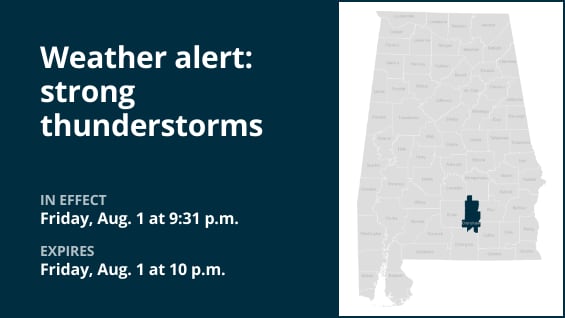During the most recent legislative session, many Texas lawmakers stated that internet kid safety was a high issue.
The App Store Accountability Act, which requires Google and Apple to confirm the ages of app store users, was passed by lawmakers during the most recent session. At the end of May, Governor Greg Abbott signed the bill into law.
Procedural difficulties prevented HB 186, another proposed bill, from passing. It would have banned children from using social media without parental consent.
Advocates for internet safety and officials from both parties support both pieces of legislation.
“We should be constructing physical and digital spaces that are designed with children in mind,” says Chris McKenna, CEO of Protect Young Eyes. “That to me, is just a general principle that I think should be true wherever children are spending time.”
McKenna contends that this law shields children from online dangers such as pornography, cyberbullying, and adult predators.
“Instead of the app stores simply being a marketing mechanism that wants you to download, it should be an educational and informational place where parents can make a decision on whether or not that app is appropriate for their child,” adds McKenna.
However, proponents of free expression contend that these initiatives violate the Constitution, and the courts appear to agree thus far. The First Amendment is in question. Children have many of the same rights as adults when it comes to free expression, and many laws pertaining to social media have not been closely examined enough to restrict those rights.
“The courts that have examined these kinds of laws, the social media access laws in particular, no court has upheld it as constitutional,” says Ari Cohn, lead counsel for tech policy at the Foundation for Individual Rights and Expression. “And several courts have said, no, this is unconstitutional. This is a violation of the First Amendment.”
A new Utah law that would have required social media sites to confirm user ages was halted by a federal judge just last autumn. Additionally, Cohn believes that Texas’ measure would finally end up before the Supreme Court, predicting a similar outcome. He contends that while everyone wants children to be secure online, solutions that don’t restrict speech are needed.
Experts believe that large tech corporations and free speech supporters will oppose Texas’ new digital kid protection rules, even though no legal challenges have been filed yet. However, McKenna asserts that parents do not need to wait to take the lead in safeguarding their children on the internet.






